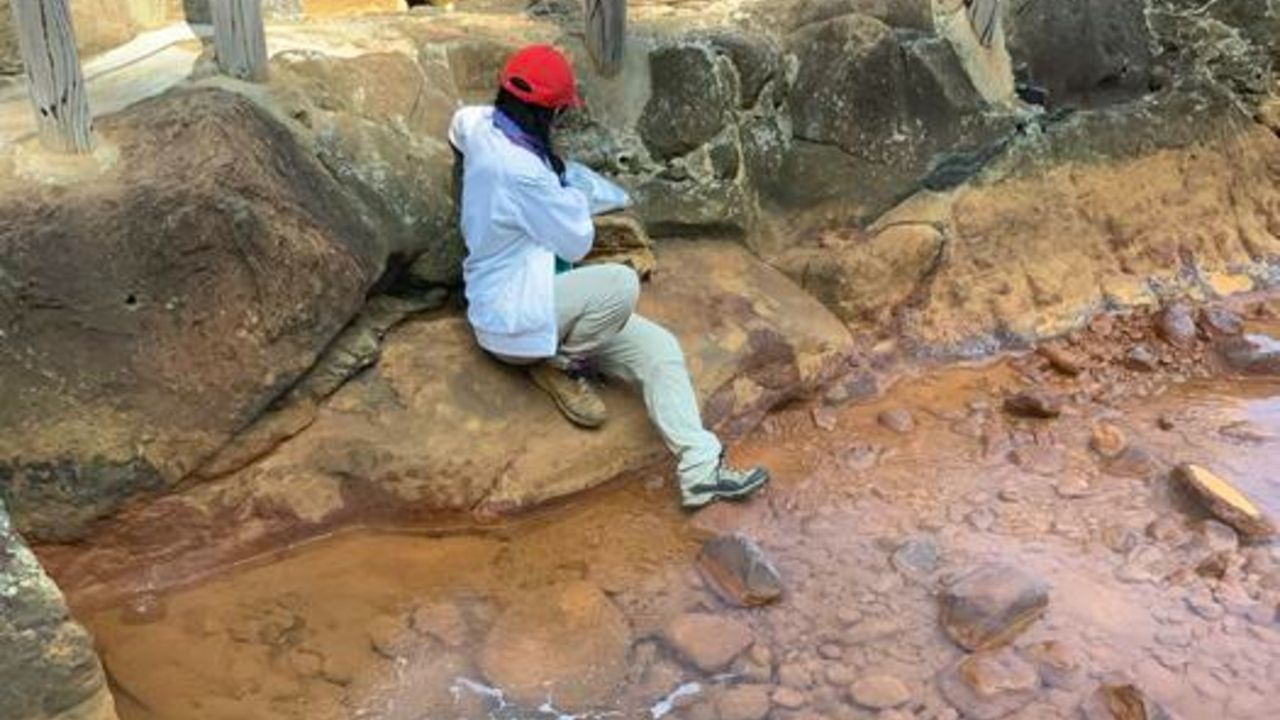A.I. Is on the Rise, and So Is the Environmental Impact of the Data Centers That Drive It
NegativeScience
/https://tf-cmsv2-smithsonianmag-media.s3.amazonaws.com/filer_public/5f/2f/5f2fc7e9-e739-42a1-86b8-e5e0c47e7b36/gettyimages-1247123383_web.jpg)
The rapid rise of artificial intelligence is leading to an increasing demand for data centers, which in turn is causing significant economic and environmental challenges. As these facilities expand to support AI technologies, their impact on energy consumption and carbon emissions is becoming a pressing concern. This situation matters because it highlights the urgent need for sustainable practices in tech development, ensuring that innovation does not come at the cost of our planet.
— Curated by the World Pulse Now AI Editorial System








